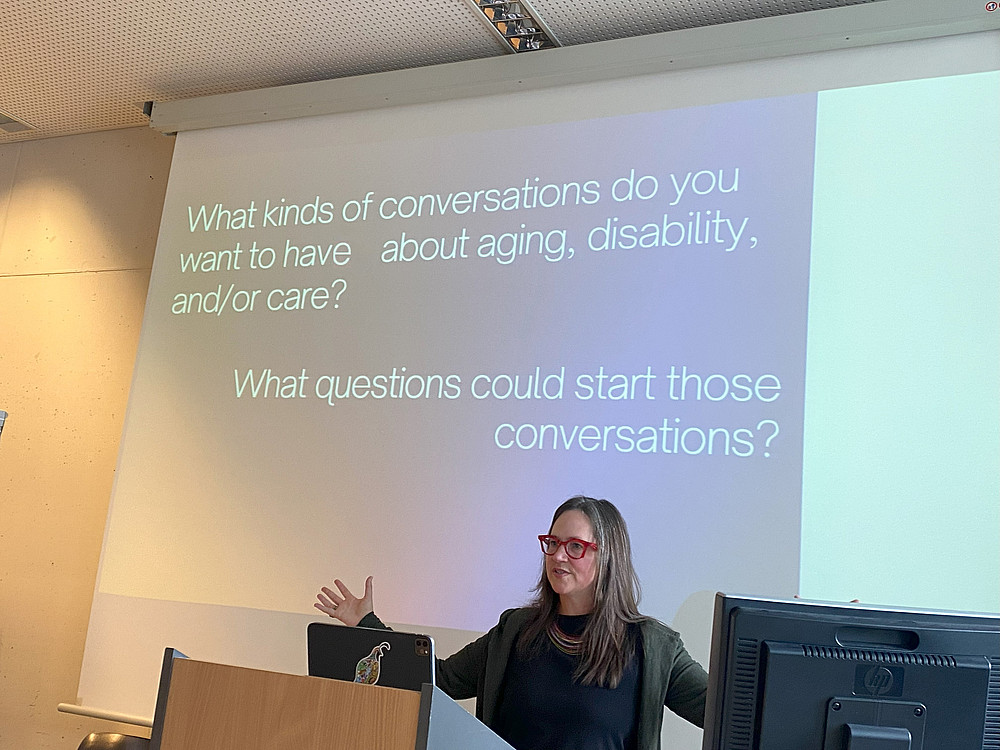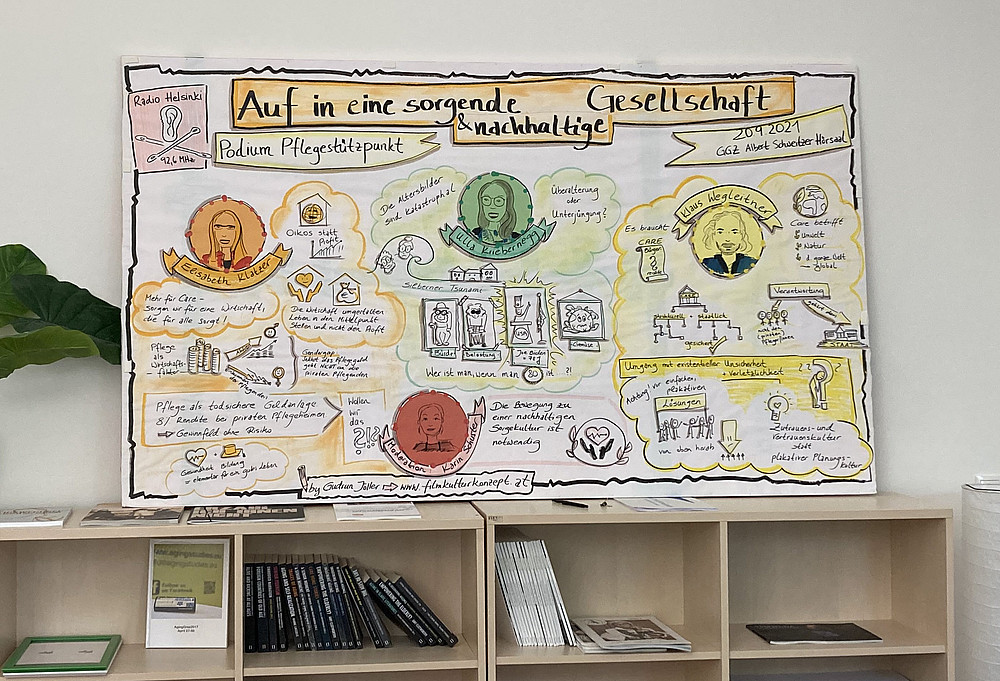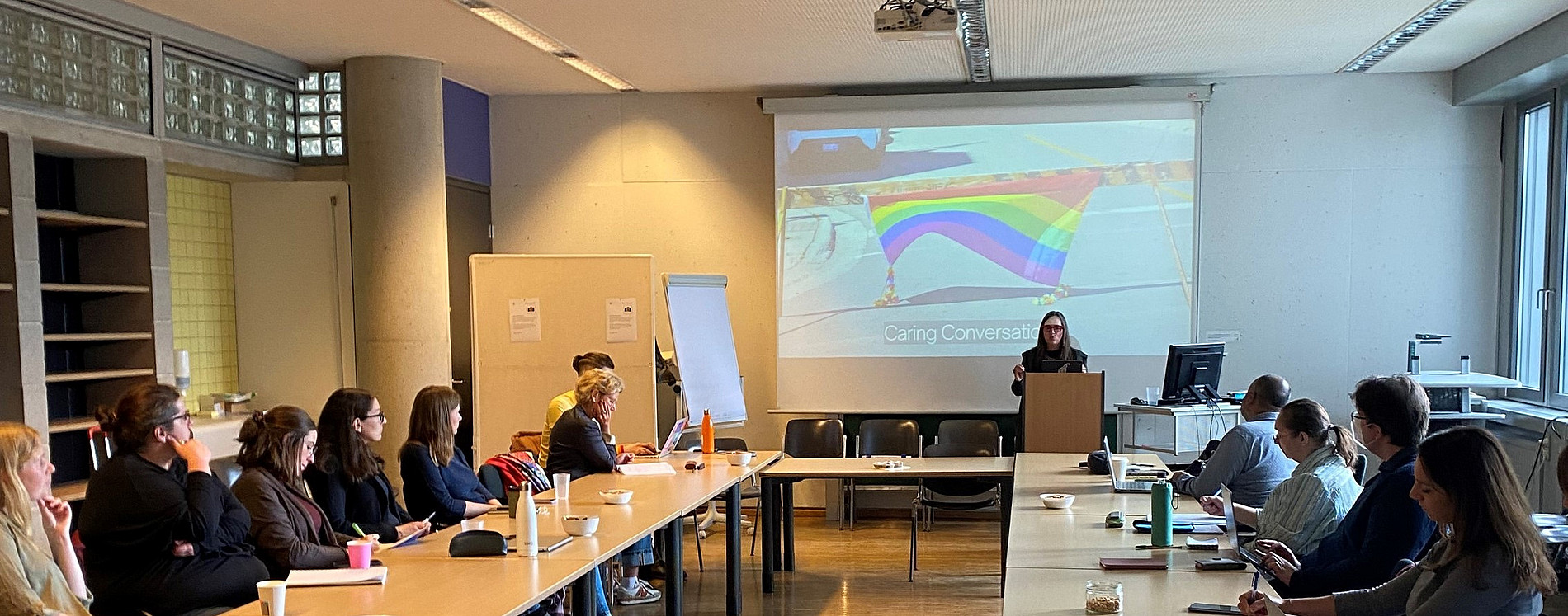Research and social responsibility
Mission statement
The establishment of the Center for Interdisciplinary Research on Aging and Care (CIRAC) at the University of Graz strengthens the field of aging and care research and the development of regional processes ("third mission"). The center develops a critical and constructive dialogue in order to meet the socio-political challenges posed by an "aging society" in an innovative and future-oriented manner at a scholarly level.
Taking into account the socio-political responsibility of the university, our scholarly approach complements medical-biogerontological and molecular biological approaches. While these approaches deal with the causes and mechanisms of biological aging, CIRAC focuses on social, cultural, political, legal, and economic conditions, discourses, and practices and their ethical implications as well as individual experiences of aging.
The critical examination of the identity category of age, which - like gender - is interpreted as a cultural construction, as well as the (un)just social organization of care (care work, caring), are seen as the basis for enabling a "good life" for all phases of life. Social development and the transformation of healthcare systems, solidarity and care networks in old age and at the end of life also play a major role.

Prof. Dr. Sally Chivers (Trent University, Peterborough) in the doctoral workshop on intersectionality
Against discrimination - for diversity
The Center assumes responsibility for the University of Graz's function as a role model in society, speaking out against any kind of ageism in research, teaching and practice, critically highlighting social inequalities and recognizing the individuality and heterogeneity of aging experiences.
CIRAC on air: podcasts and videos
"Zeitpolster"- The podcast for clever AGING
https://www.zeitpolster.com/podcast-10-klaus-wegleitner-caring-community/
Don't panic - it's just aging!
Did you know that it is estimated that one in ten women suffer from endometriosis? That it takes about eight years for an endometriosis patient to receive a proper diagnosis? That it is one of the 20 most painful diseases in the world? No?
Ulla Kriebernegg (Professor in Cultural Aging and Care Research, and Americanist, Faculty of Humanities) and Annette Sprung (Professor of Migration and Education, URBI Faculty) talk about a joint project "Caring-Living-Labs Graz. Designing urban care spaces fairly, in solidarity and diversity".
https://gewi.uni-graz.at/de/persoenlichkeiten-an-der-geisteswissenschaft/treffen-sich-zwei/
The final panel of the second year of the Care Support Center project explored the question of what discourse we as a society are having with regard to dealing with ageing and care. It is about nothing less than aging with dignity and appreciation!

